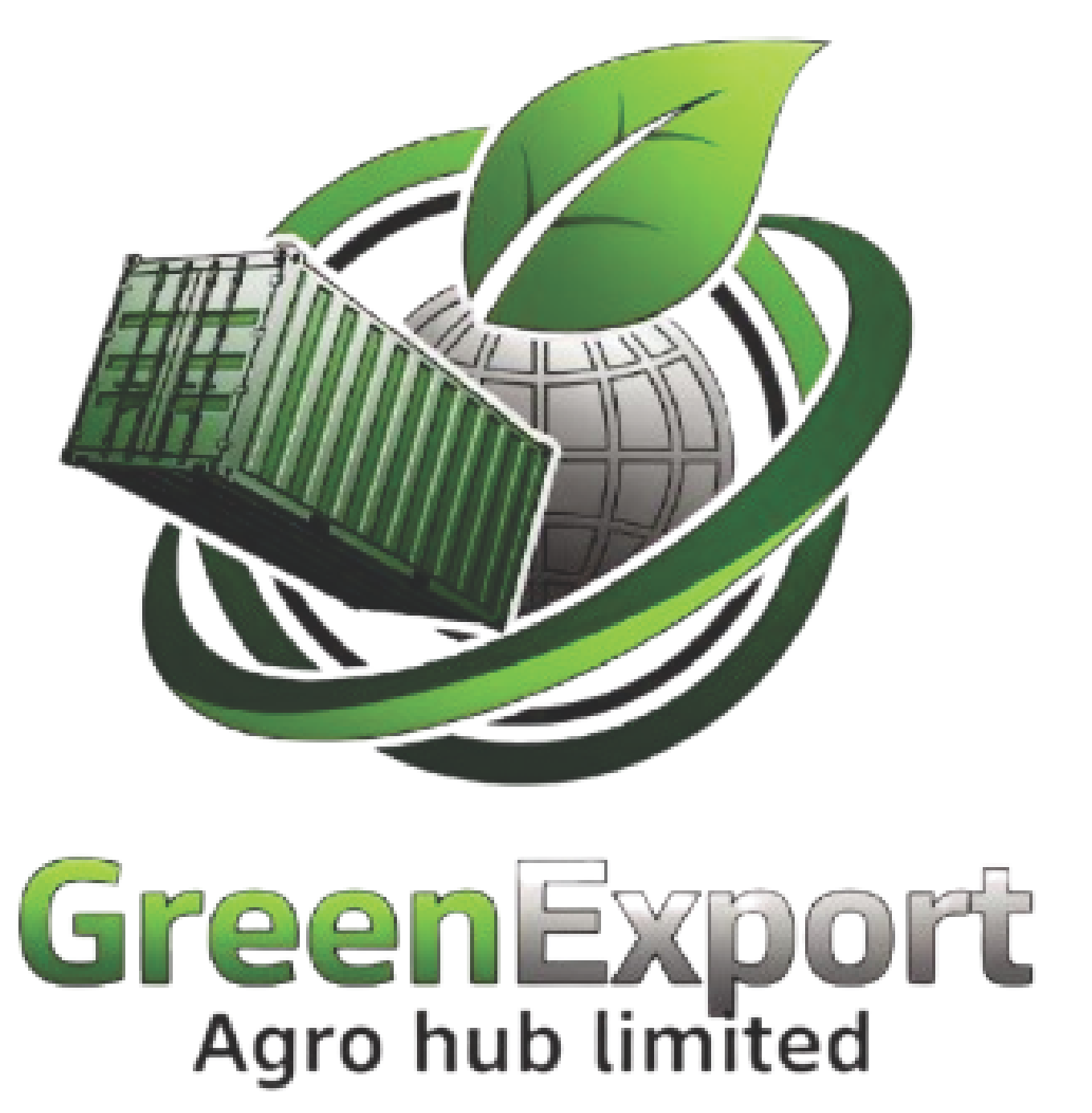How to export farm produce from West Africa to Europe
Exporting farm produce from West Africa to Europe is one of the fastest-growing opportunities in international trade. With Europe’s increasing demand for organic, ethically sourced, and high-quality agricultural products, West African farmers and exporters are perfectly positioned to thrive. However, success in this space requires strategy, preparation, and compliance.
Here are four proven ways to successfully export farm produce from West Africa to Europe:
🌱 1. Understand European Import Regulations
Europe maintains strict food safety and quality standards to protect consumers and ensure transparency. Exporters must comply with:
- EU food safety laws (especially for fresh produce, grains, and processed foods).
- Phytosanitary certificates for plant-based goods.
- Residue limits for pesticides and chemicals.
- Traceability documentation that shows the origin and handling process of the produce.
Before shipping, it’s crucial to work with your country’s export promotion council or agricultural export agency to ensure all products meet the EU’s Regulation (EC) No 852/2004 on food hygiene.
✅ Pro Tip: Partner with certified inspection agencies and testing labs to avoid shipment rejection at EU borders.
🚜 2. Build a Reliable Supply Chain
Consistency is key in export. Buyers in Europe prefer suppliers who can deliver steady quality and quantity year-round.
To achieve this:
- Work directly with registered smallholder farmers.
- Invest in cold storage, proper packaging, and efficient logistics.
- Adopt Good Agricultural Practices (GAP) and post-harvest handling standards.
Creating a transparent and reliable supply chain boosts buyer confidence and opens the door to long-term contracts.
✅ Pro Tip: Establish partnerships with local cooperatives to maintain quality control and traceability.
🌍 3. Focus on Quality, Branding, and Certification
Quality sells — but branding and certification seal the deal. European buyers and consumers are drawn to certified organic, fair trade, and ethically sourced products.
You can boost your export value by obtaining:
- Organic Certification (EU Organic / Ecocert)
- Fairtrade Certification
- GlobalG.A.P. Certification
Additionally, invest in eco-friendly packaging and clear labeling that communicates your brand’s story — highlighting freshness, sustainability, and origin.
✅ Pro Tip: European markets love authenticity. Emphasize your produce’s West African heritage and farm-to-table traceability in your branding.
💼 4. Partner with a Trusted Export Agency
If you’re new to export logistics, partnering with a reputable export company like Green Export can simplify the process.
Green Export helps farmers and agribusinesses:
- Navigate export documentation and customs procedures.
- Connect with certified European buyers.
- Ensure compliance with EU standards.
- Manage packaging, logistics, and sustainable trade practices.
✅ Pro Tip: Working with experts allows you to focus on production while professionals handle international trade complexities.
🌾 Final Thoughts
Exporting farm produce from West Africa to Europe isn’t just about trade — it’s about connecting sustainable African agriculture with the world. By understanding regulations, maintaining quality, and forming strategic partnerships, your agribusiness can capitalize on Europe’s growing demand for sustainable and ethically sourced products.
Ready to expand your reach?
Click to Partner with Green Export today — and take your farm produce from West Africa to the world.

